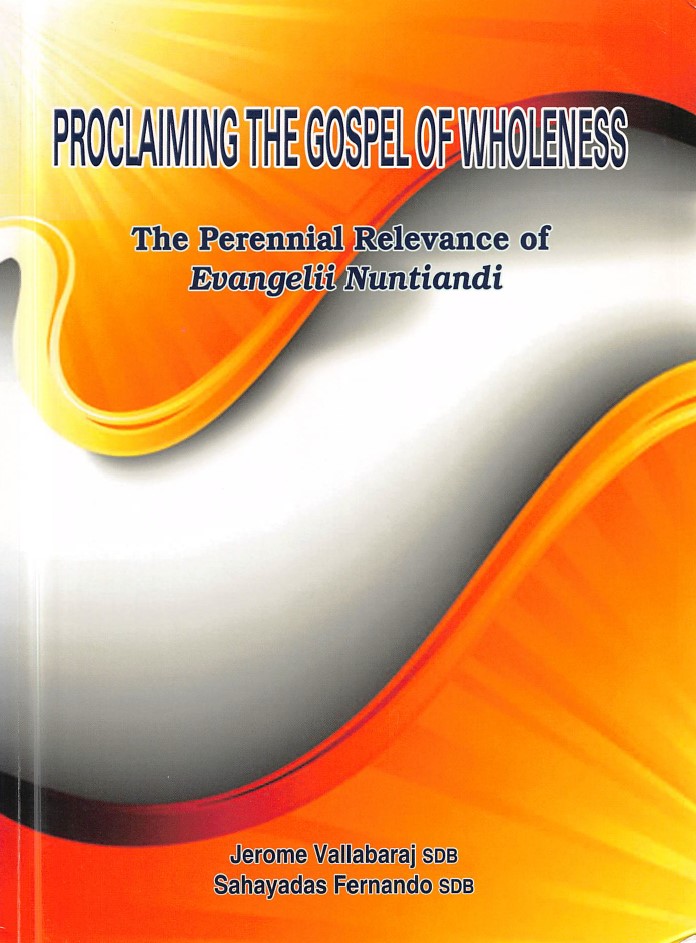The text reflects on the significance of the full life Jesus offered during his public ministry, emphasising his love, forgiveness and care for all, especially the needy. Jesus healed the sick and fed the needy, offering them new life and a sense of rebirth.
After the fulfilment of the Father’s will, he entrusted his disciples with the mission of proclaiming life. This proclamation is not limited to conveying religious doctrines and truths, but offers the very fullness of life that Christ represents. The Church, following the command of the risen Lord, has joyfully proclaimed the Good News as the gospel of fullness. This proclamation, while influenced by the signs of the times, continues to transform the lives of millions of people around the world. The text also reflects on the pastoral challenges of evangelisation in a technological world, emphasising the importance of keeping the vision of Jesus Christ alive in the contemporary world. Finally, the significant role of St. John Bosco as evangeliser and educator of the young is emphasised, with the bicentenary of his birth providing an opportunity to renew his commitment to education and evangelisation.
TABLE OF CONTENTS
- Acknowledgement
- Table of Contents
- List of Abbreviations
- Introduction
- Chapter 1
- Evangelization: A Concise Excursus from Scripture till Evangelii Nuntiandi
- Chapter 2
- Evangelii Nuntiandi: A Synthesis
- Chapter 3
- Reaffirming the Evangelizing Mission: A Multi-perspectival Elucidation
- Chapter 4
- Evangelization and the Liberating Social Mission of the Church
- Chapter 5
- Pastoral Challenges of Evangelii Nuntiandi for Today
- Conclusion
- Bibliography
Reference time period: 1815 – 2015
J. Vallabaraj e S. Fernando, Proclaiming the Gospel of Wholeness, The Perennial Relevance of Evangelii Nuntiandi, Kristu Jyoti Publications, Bengaluru (India), 2015.
